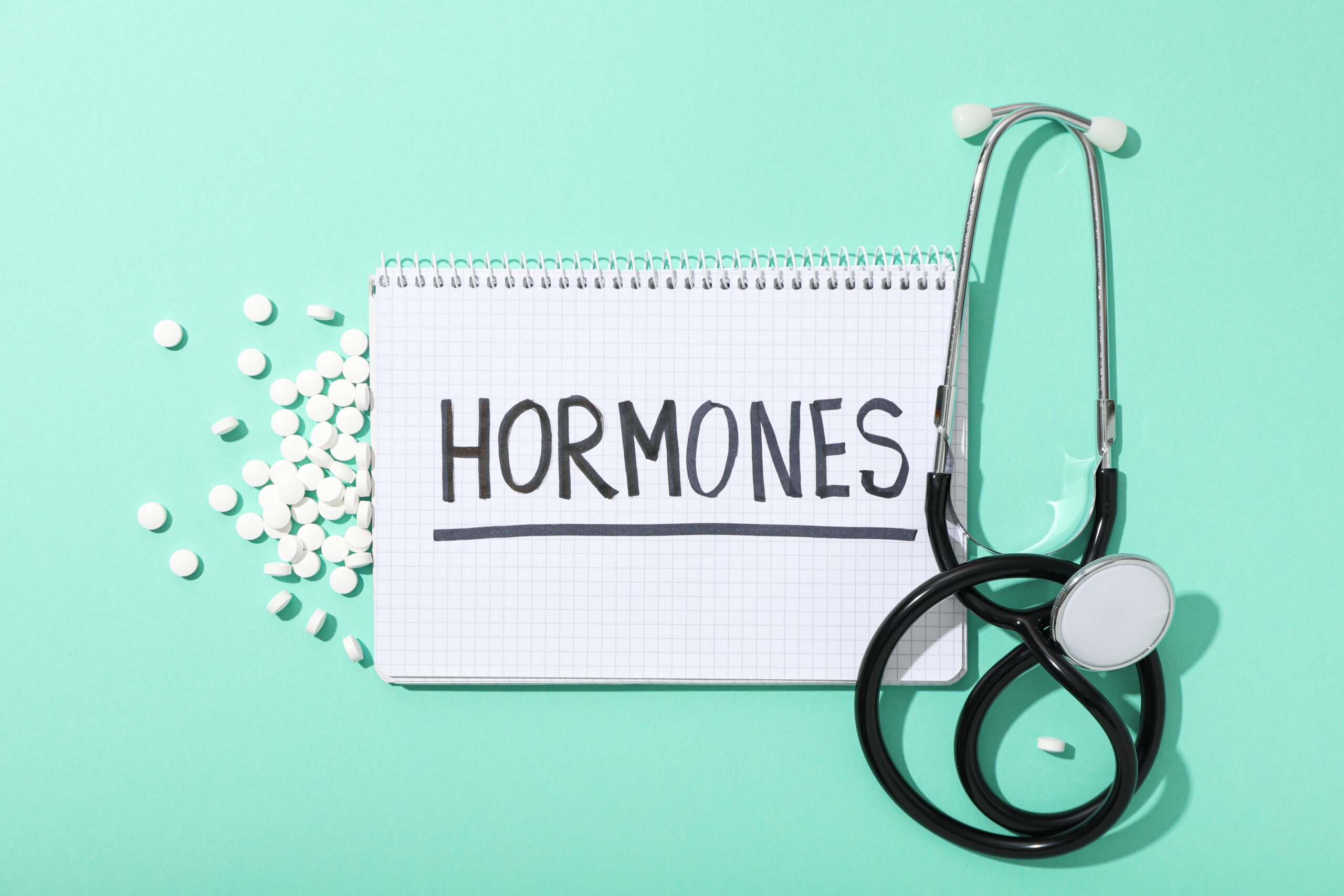It can be a thrilling yet daunting experience to prepare for pregnancy. A straightforward checklist can help streamline your preparations and also understand if you are ready physically, mentally, and emotionally to conceive.
This article will guide you through every step of the journey from improving your general health to understanding your ovulation cycle.
Schedule a Preconception Check-Up
The preconception visit is an important first step. Your doctor will go over your medical history, chronic conditions and medications to make sure there is nothing that could impact your pregnancy. Tests such as thyroid, diabetes, hormonal panels, and a Beta-hCG (which is most commonly associated with pregnancy tests), can be screening tools to identify issues early on.
Your evaluation may also include tests for ovarian reserve, evidence of anti-Mullerian hormone levels, or simply AMH testing as part of a thorough fertility evaluation. Updating vaccinations for rubella, chickenpox, and others that can cause complications during pregnancy is also critical.
Optimize Your Diet and Lifestyle
A healthy body is the base for a healthy pregnancy.
- Fertility Nutrition: Focus on fertility nutrition through foods that are high in folic acid, iron, and omega-3 fatty acid content. These vitamins and minerals can enhance egg fertility and support fetal development.
- Start Prenatal Vitamins: Start prenatal vitamins at least three months before trying to conceive. Folic acid is absolutely important to consume, along with any other medication your doctor recommends
- Lifestyle Changes: As well, it’s important to limit alcohol use, quit smoking, and reduce caffeine consumption- other small changes, can influence fertility and outcomes of pregnancy.
- Maintain a Healthy Weight: Additionally, being over or under weight can affect ovulation. A balanced diet and physical activity can assist with optimising fertility.
Additional testing for egg quality, which can all help as you prepare as well. Ultimately, small and consistent changes will help lead to large change.
Track Your Ovulation and Cycle
Knowing your menstrual cycle will help identify when you are most fertile.
- Know Your Cycle: Study the length of your menstrual cycle and any irregularities. A regular cycle allows for more precise testing of ovulation.
- Use Ovulation Tools: Ovulation kits, an app, or a fertility test can help you narrow down your most fertile days. Also, if you are planning on having an assisted conceptive method, tools like an IVF pregnancy calculator or IVF due date calculator can help as well.
- Monitor the Body Signs: Look at cervical mucus and basal body temperature to identify changes that may alert you to ovulation.
If you are connected to your body, and seek out a fertility consultation as needed, the process of conception may be easier.
Conclusion
Preparing to conceive means more than just timing: it means establishing the best environment for a healthy pregnancy. By starting with a preconception check-up, you can make sure your health is in the best place possible. Make appropriate dietary and lifestyle changes to increase your fertility and health. Utilize ovulation tracking for more accurate timing and a clearer understanding of your cycle.
If you are looking to try assisted options such as IVF treatment, discussing with the best IVF center or an IVF specialist will help you prepare and plan best for your journey. When you are ready to start on your conceiving journey, consult with the best fertility expert who would offer customized fertility treatment and help you take the next steps toward becoming parents.





